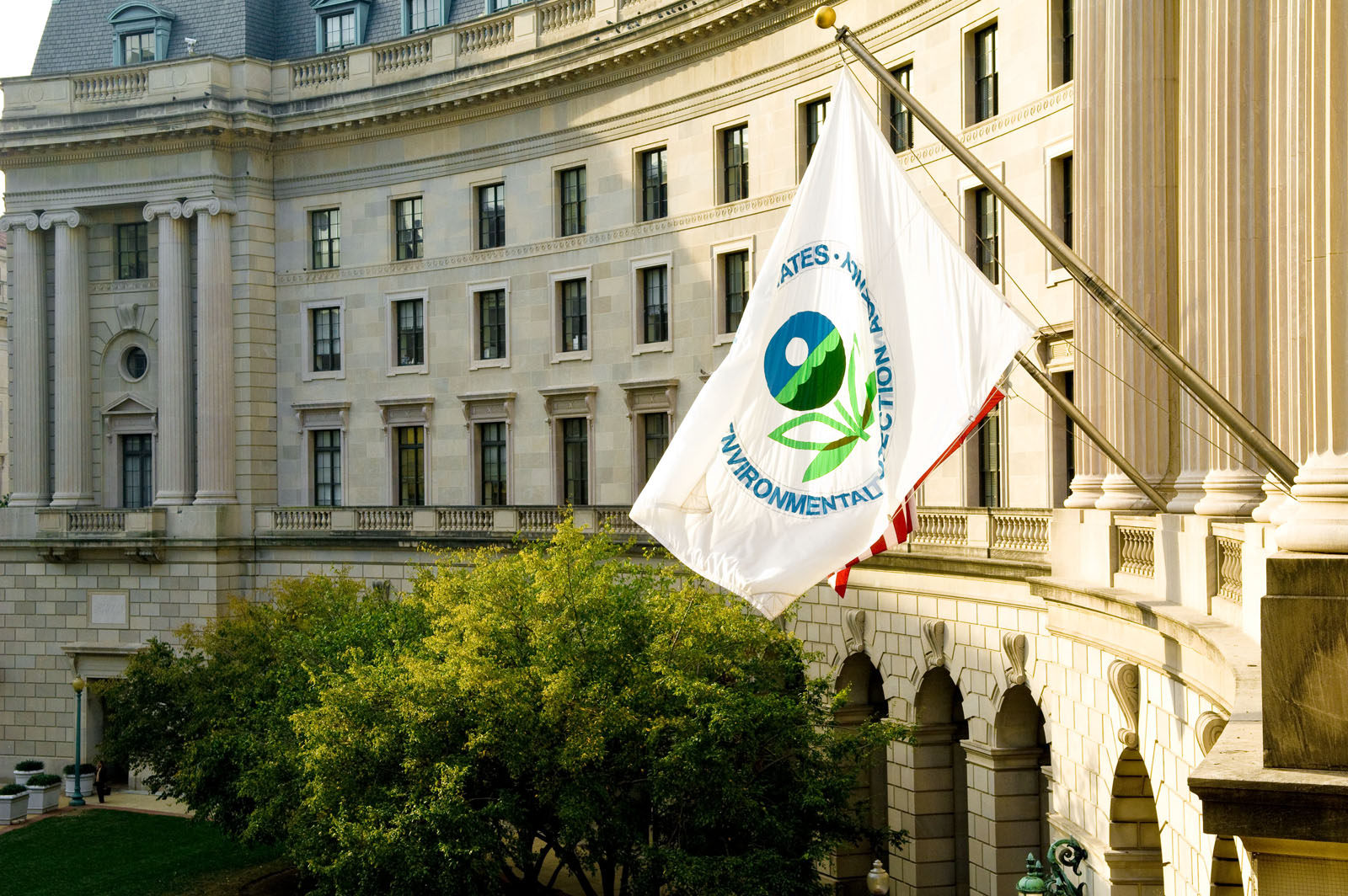WASHINGTON, D.C. — Communities across the U.S. are suffering from drinking water contamination from PFAS chemicals found in a wide range of products, from food packaging to stain-resistant furniture and firefighting foam. With their remarkable persistence and mobility, these chemicals don’t break down in the environment and move through soil to drinking water. PFAS have become global pollutants that threaten the health of people and wildlife.
This morning, the EPA announced its federal PFAS action plan. In response, Safer Chemicals Healthy Families Director Liz Hitchcock issued the following statement:
“Unfortunately, the Trump administration’s PFAS “action” plan doesn’t act quickly enough to address the PFAS pollution crisis faced by communities across the country.
Instead of turning off the tap on approvals of new PFAS chemicals, ending the use of PFAS chemicals in common products, and cleaning up the drinking water supplies that we know are contaminated, the administration’s plan to study and delay will not protect our families from chemicals that have been linked to cancers, thyroid disease and weakened childhood immunity.
EPA’s plan increases the need for state policies and federal legislation to ensure safe drinking water and healthy communities.
The good news is that states are not waiting for the EPA to make PFAS a priority. At least 14 states will consider bills to address PFAS this year, ranging from bills to require more PFAS disclosure to bans on PFAS in food packaging and firefighting foam.
In addition, members of Congress on both sides of the aisle have introduced or are considering bills to expand PFAS monitoring, to ban some PFAS uses, and to set tough clean up standards. We welcome these actions from lawmakers.”
For more information about how the federal government should address PFAS, see the blog post that Hitchcock posted yesterday.
###
Safer Chemicals Healthy Families leads a nationwide coalition of organizations and businesses working to safeguard American families from toxic chemicals. The group’s Mind the Store campaign challenges big retailers to eliminate toxic chemicals and substitute safer alternatives.

